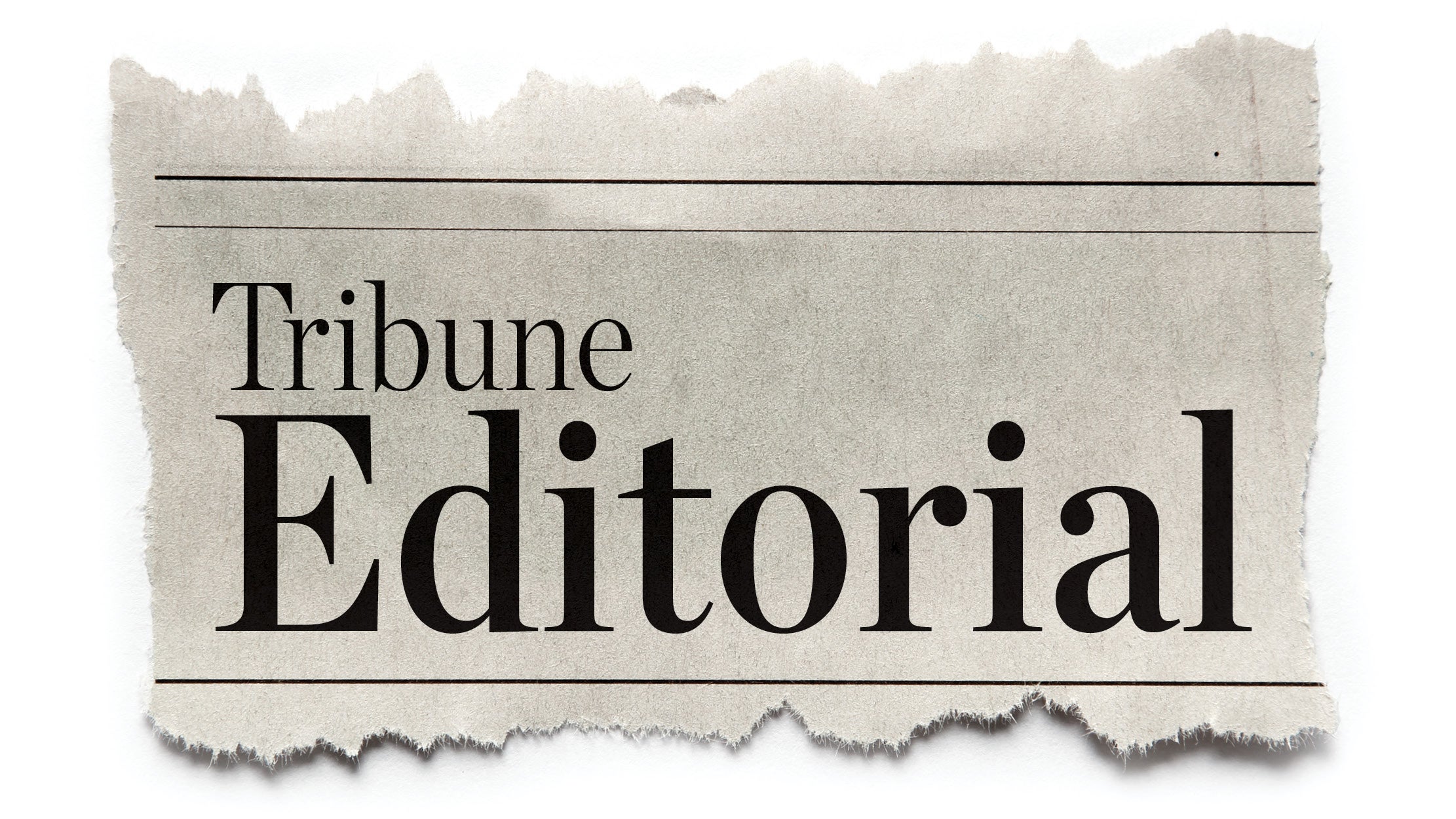Ambassadors make a difference
Published 10:00 am Tuesday, July 2, 2019
I was first introduced to United Way of the River Cities when I was recommended to apply for an open position with the organization in 2012.
I admired the work of United Way from afar, but that admiration bloomed when I was named the director of development.
Day in and day out, I was surrounded by the vital and truly remarkable efforts that United Way and its funded partners were undertaking – often without recognition and fanfare, but utterly critical to maintaining this area’s quality of life. The longer I worked with agencies like Goodwill, Facing Hunger Foodbank and Branches Domestic Violence Shelter, it became more evident that our work wasn’t just a nice benefit to the community, but an absolute necessity.
For four years, my job was building relationships and telling the United Way story in hopes of securing donations to help us continue our work. The biggest challenges were not only finding a way to share that story in a concise way but also how to deliver that message to the masses.
There was never a shortage of stories, because United Way was enabling an unbelievable number of wonderful things to take place within the focus areas of education, income, health and basic needs. We were finding solutions to very complex problems and that took time to explain — meaningful conversations were often needed.
That led to the challenge – which still exists today — of how to tell as many people as possible where their dollars would be going. As a one-person department, it was impossible for me to get in front of all our loyal donors in more than 100 businesses across five counties. In addition, I often wondered if they saw me, a paid United Way employee, as genuine every time I told them how great the organization was and how important their dollars were.
Luckily, a long-standing United Way tradition continues to be the perfect solution – ambassadors.
Campaign ambassadors represent United Way in the business community by managing a handful of accounts. They present the United Way story, encourage employees to give and assist the company’s campaign coordinator with pledge forms, messaging, flyers and more. They also make new business connections, work with a well-recognized and trusted brand, learn new public speaking and presentation strategies all while playing a role in improving the lives of thousands of people who desperately need help.
I am no longer employed at United Way, but that position led to my current role at Marshall University as the director of community engagement. I get to joyfully continue community impact work while maintaining a close relationship with several nonprofits. No relationship is closer, however, than the one I keep with United Way of the River Cities. I am a proud donor and volunteer, including a role as ambassador during the 2018 campaign.
This fall, I will help lead the Marshall University campaign as coordinator, opening the door for another local professional to become an ambassador – a position that has long been a coveted role with United Ways across the country.
Anyone with a heart for this community can and should consider becoming an ambassador. It’s an important and easy way to give back, and it enables United Way of the River Cities to help those in need in Cabell, Lincoln, Mason and Wayne counties in West Virginia and Lawrence County.
Will Holland is the director of Community Engagement at Marshall University.





